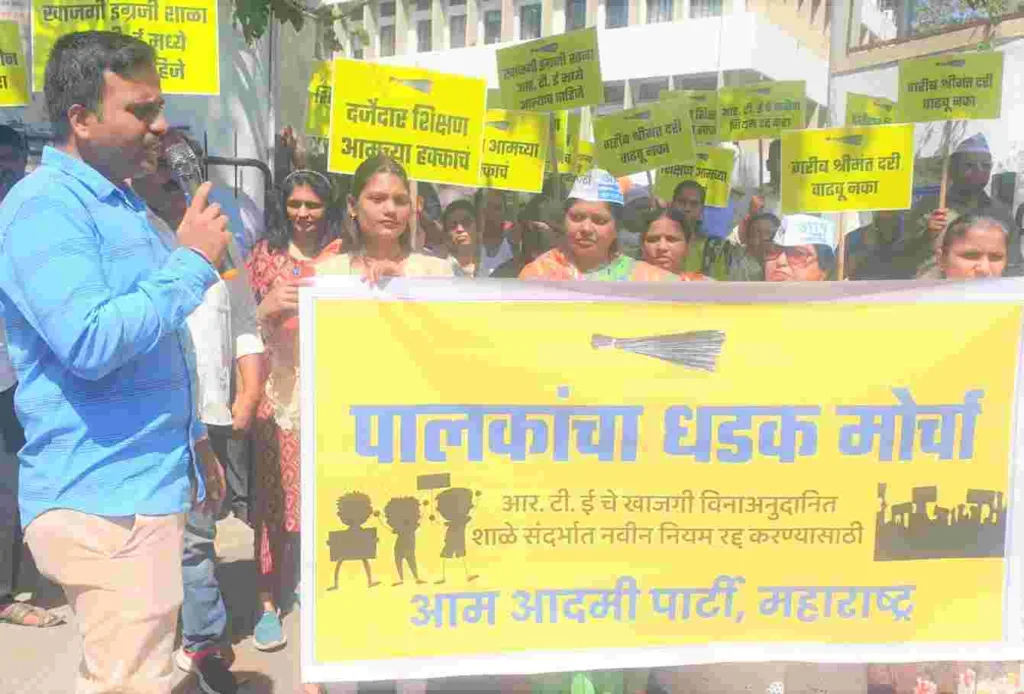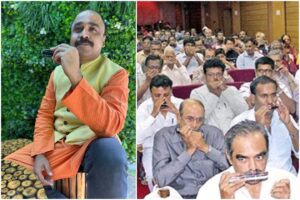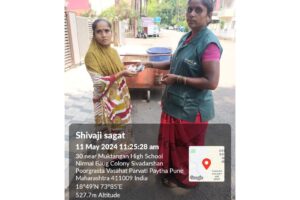Pune : AAP Holds Protest in Nigdi Against Exclusion of Private Schools from RTE, Decries Government’s Education Policy

Pune : AAP Holds Protest in Nigdi Against Exclusion of Private Schools from RTE, Decries Government's Education Policy
Parents and members of the Aam Aadmi Party (AAP) gathered in Nigdi to voice their opposition against the exclusion of private schools from the Right to Education (RTE) initiative, accusing the government of depriving children of their fundamental right to education.
The protest, led by AAP’s Chetan Bendre, saw concerned parents and party members marching from Shubhshree Residency to the Upper Tehsil Office, demanding inclusion of private unaided schools under RTE.
#Pune : #AAP Holds #Protest in #Nigdi Against Exclusion of Private Schools from #RTE, Decries Government's Education Policy https://t.co/j7cfkKrCG9 pic.twitter.com/WJ3WKGjfFM
— Pune Pulse (@pulse_pune) February 22, 2024
Highlighting the plight of economically and socially disadvantaged students, Bendre emphasized the necessity of extending RTE benefits to private unaided English schools, which constitute a significant portion of educational institutions in the state.
One of the primary grievances voiced during the protest was the delay in fee reimbursement for students enrolled under RTE, leading to dissatisfaction among school administrators and accumulation of pending reimbursements amounting to crores.
Meena Javale, the city president of AAP, urged the state government to rectify the situation by ensuring timely fee reimbursements and bringing private unaided schools under the purview of RTE.
Speaking on behalf of AAP, spokesperson Prakash Hagwane, along with other party officials including woman president Saroj Kadam and Mohsin Gadkari, expressed solidarity with the protesting parents and emphasized the importance of equitable access to quality education.
The decision to exclude private unaided schools from RTE was heavily criticized during the protest, with AAP representatives asserting that it would disproportionately affect economically disadvantaged students and limit their opportunities for enrollment in reputable educational institutions.
Moreover, concerns were raised regarding the potential exploitation of loopholes in the management of admissions in private unaided schools, posing a threat to the accessibility of RTE benefits for eligible students.
As the debate continues, parents and activists remain steadfast in their demand for inclusive education policies that ensure every child’s right to quality education is safeguarded.
Shreyas Vange









